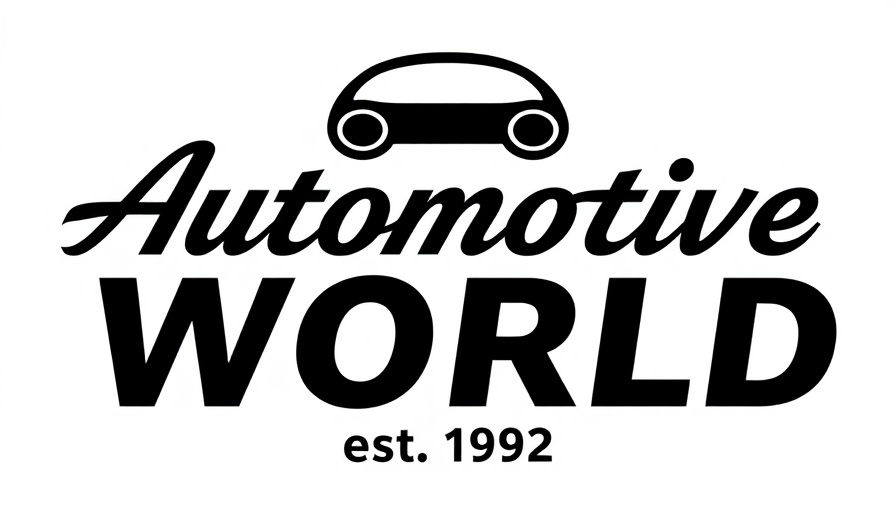
Reflecting on 30 Years of the Mercedes-Benz Sprinter
The Mercedes-Benz Sprinter has established itself as a cornerstone of business logistics since its inception in 1995. Over the past three decades, it has adapted to the evolving needs of industries and drivers alike. As the Sprinter celebrates its 30th anniversary, new research highlights a fascinating shift in who drives these iconic vans today.
Changing Perceptions: The New Era of Van Drivers
Gone are the days of the 'white van man' stereotype. Recent findings from Mercedes-Benz Vans UK reveal that modern van drivers are breaking barriers. Today, 46% of van drivers under the age of 35 possess higher education degrees, with 3.2% holding doctorates. This statistic is indicative of a larger trend seen over the last 30 years where educational attainment has soared; in 1995, only 12% of the population held a degree, a figure that has now risen to over 50%.
The Impact of Increased Diversity
The rising educational background among drivers is just a part of the broader narrative of diversity within the profession. The delivery economy has opened opportunities for individuals from various backgrounds, creating a diverse workforce that includes not only students and graduates but individuals from all walks of life. This blend of experiences enhances teamwork and perspective within delivery companies.
A Closer Look at Today's Van Drivers
Modern van drivers are not defined solely by their work; they are well-rounded individuals who engage in hobbies and interests that enrich their daily lives. Mercedes-Benz's research found that reading has become increasingly popular among van drivers, with nearly two-thirds (63%) enjoying literature in their downtime. Furthermore, a significant portion of drivers—59%—prefer mind games like Sudoku and Wordle, illustrating a trend towards cognitive engagement.
Educated Decisions: What This Means for Employers
This new generation of van drivers is significantly different in terms of mentality and aspirations compared to their predecessors. For dealership owners and managers, this shift presents both challenges and opportunities in hiring and retention strategies. Companies keen on recruiting these educated drivers will need to adapt their training programs to reflect the interests and motivations of the modern workforce. This is where tailored auto sales training and innovative management practices will play a decisive role.
Conclusion: Adapting to a Changing Landscape
As we celebrate the legacy of the Mercedes-Benz Sprinter, it is essential for dealership owners and general managers to recognize the transformed landscape of van driving. Emphasizing inclusivity, leveraging the diverse backgrounds of current and potential employees, and implementing comprehensive training programs tailored to today's drivers are steps that can lead to sustained growth and enhanced operational success in the automotive industry.
 Add Row
Add Row  Add
Add 




Write A Comment